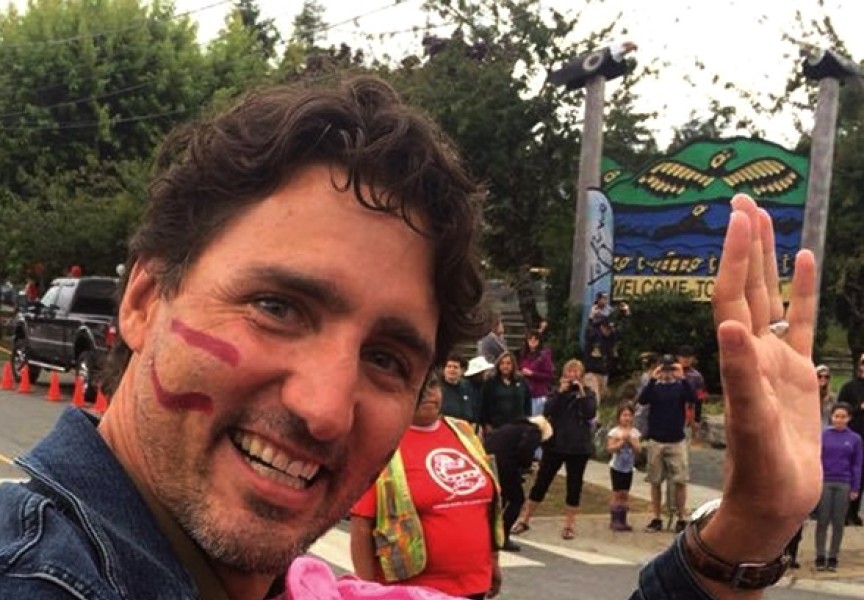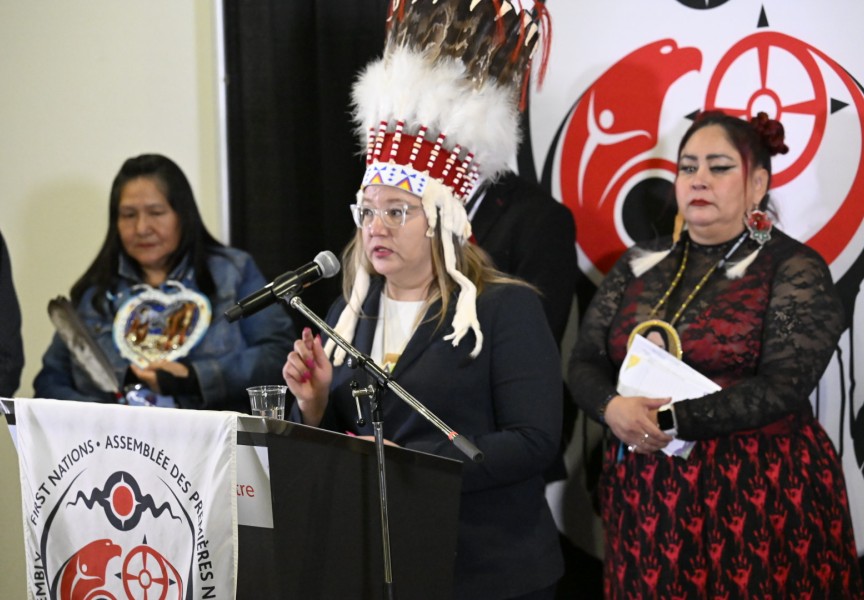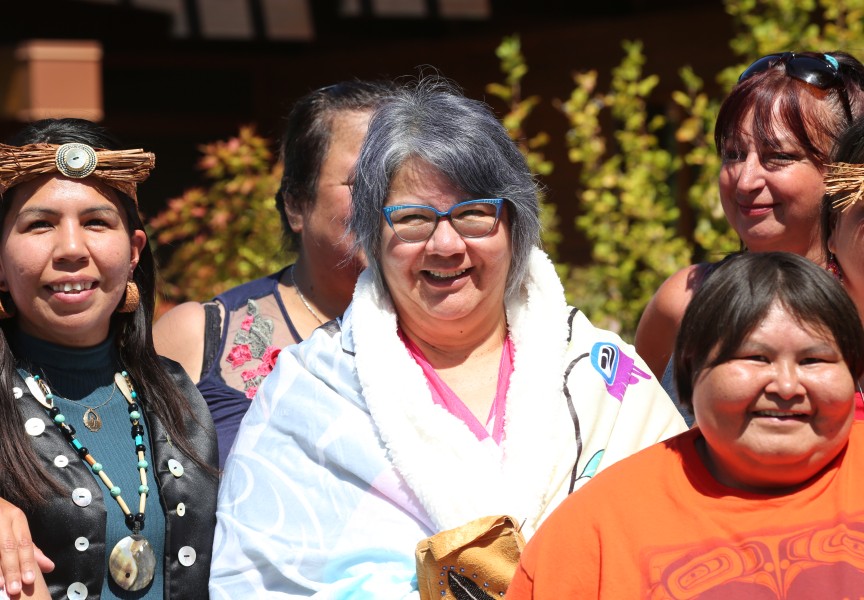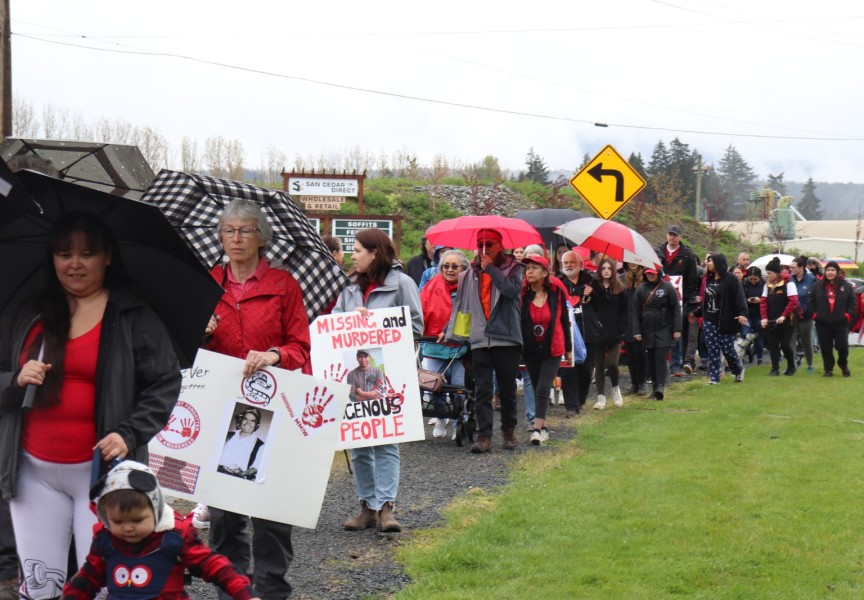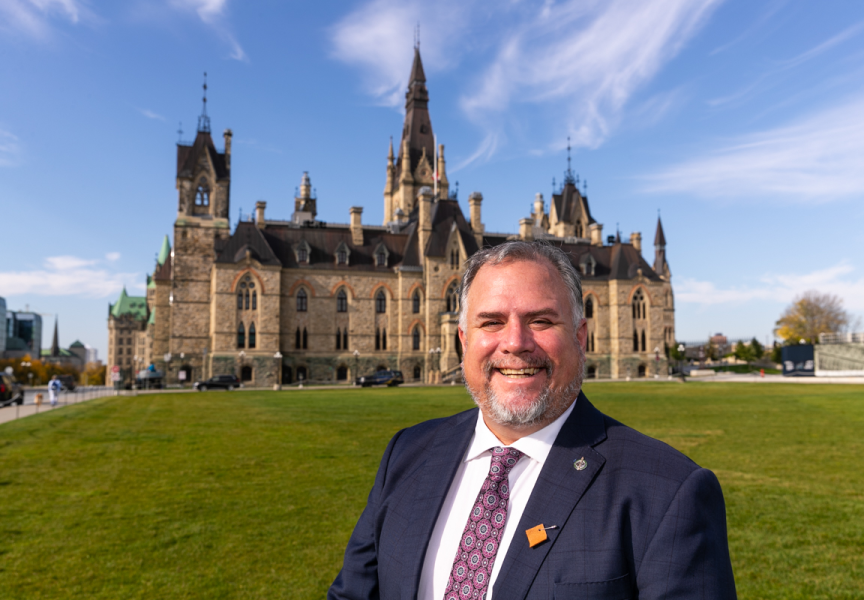The Nuu-chah-nulth Tribal Council extends its sympathy and condolences to the victims and the families of the Oct. 25 sinking of MV Leviathan II off Vargas Island.
“We offer our prayers and healing energy to those who were injured, and give thanks to all of those people who helped in the rescue,” said NTC President Deb Foxcroft.
As greater and greater numbers of tourists flock to experience our “Wild West Coast,” this tragic accident highlights once again how suddenly a day on the water, even aboard a well-equipped vessel with a well-trained crew, can turn deadly.
As in previous marine accidents in B.C. coastal waters, while the Coast Guard and Canadian Marine Search and Rescue (CMSAR) scrambled to deploy their resources, local First Nations, in this case from Ahousaht and Tla-o-qui-aht First Nations, responded to the distress flare and arrived in time to pull survivors out of the water.
Our Nuu-chah-nulth people have operated their vessels in B.C. coastal waters since time immemorial, and have accumulated a priceless body of knowledge. When a marine emergency arises, our people take to their boats without hesitation, often in extremely hazardous conditions.
Foxcroft is now calling upon the federal and provincial governments to improve the Search and Rescue capacity of Nuu-chah-nulth coastal communities through the supply of specialized training and equipment.
Foxcroft said the Coast Guard and CMSAR have the capacity to deliver specialized Search and Rescue training to civilian boat operators. What is needed is a coordinated effort to increase the number of SAR-trained boaters and shore-based VHF radio operators so that our Nuu-chah-nulth members can respond in an effective, coordinated manner.
Foxcroft said Sunday's accident also points out the need for specialized equipment. Not only should our communities be equipped with emergency warming blankets, night-vision goggles and defibrillators, but larger vessels would benefit from more sophisticated equipment such as forward-looking infrared (FLIR) devices that allow searchers to locate survivors even in extreme conditions. Ideally, each community would have the appropriate rescue and first aid equipment ready for immediate deployment, she said.
Foxcroft said she is calling on newly-elected Prime Minister Justin Trudeau to reverse a decade of decline in marine search and rescue under the Harper government and invest in life-saving equipment in our First Nations communities.
"We are so proud of the way our Nuu-chah-nulth Nations and the coastal communities of Tofino and Ucluelet pulled together in this crisis," said Foxcroft. "We are all one in our caring and concern for all those who live in or travel through our territories."


